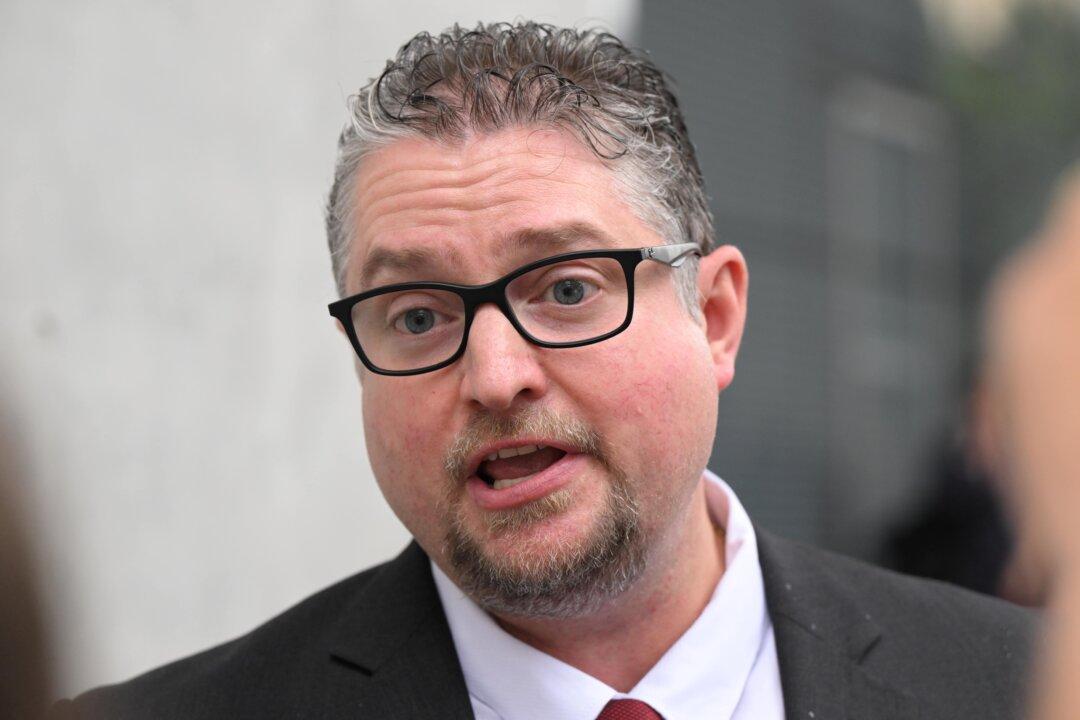An Australian doctor who was suspended for saying COVID-19 vaccines are dangerous has won a lawsuit against local medical regulators and regained his registration.
Dr. William Bay, a GP registrar in Brisbane, has been embroiled in a legal battle with the Australian Health Practitioner Regulation Agency (AHPRA) and the Medical Board of Australia (the Board) after his registration was suspended in 2022.





